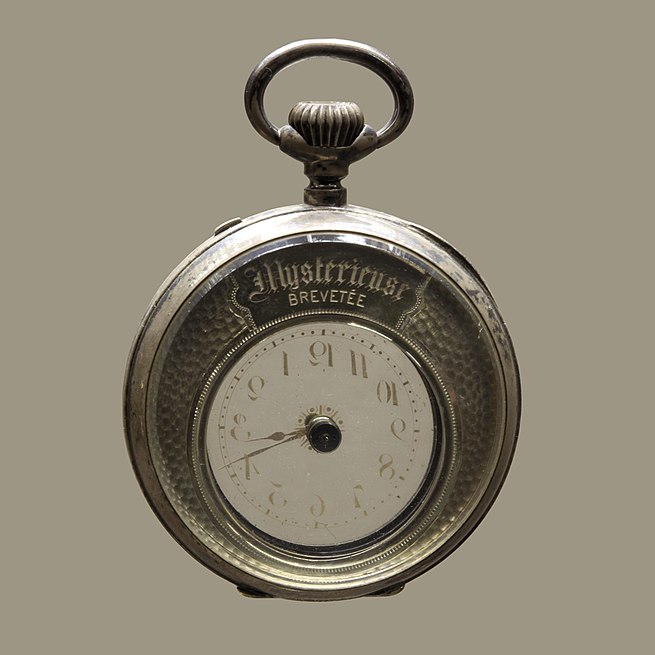
Main Difference
The main difference between Allusion and Illusion is that the Allusion is a figure of speech using indirect reference and Illusion is a distortion of the senses.
-
Allusion
Allusion is a figure of speech, in which an object or circumstance from unrelated context is referred to covertly or indirectly. It is left to the audience to make the direct connection. Where the connection is directly and explicitly stated (as opposed to indirectly implied) by the author, it is instead usually termed a reference. In the arts, a literary allusion puts the alluded text in a new context under which it assumes new meanings and denotations. It is not possible to predetermine the nature of all the new meanings and inter-textual patterns that an allusion will generate. Literary allusion is closely related to parody and pastiche, which are also “text-linking” literary devices.In a wider, more informal context, an allusion is a passing or casually short statement indicating broader meaning. It is an incidental mention of something, either directly or by implication, such as “In the stock market, he met his Waterloo.”
-
Illusion
An illusion is a distortion of the senses, revealing how the human brain normally organizes and interprets sensory stimulation. Though illusions distort reality, they are generally shared by most people.
Illusions may occur with any of the human senses, but visual illusions (optical illusions) are the best-known and understood. The emphasis on visual illusions occurs because vision often dominates the other senses. For example, individuals watching a ventriloquist will perceive the voice is coming from the dummy since they are able to see the dummy mouth the words.
Some illusions are based on general assumptions the brain makes during perception. These assumptions are made using organizational principles (e.g., Gestalt theory), an individual’s capacity for depth perception and motion perception, and perceptual constancy. Other illusions occur because of biological sensory structures within the human body or conditions outside the body within one’s physical environment.
The term illusion refers to a specific form of sensory distortion. Unlike a hallucination, which is a distortion in the absence of a stimulus, an illusion describes a misinterpretation of a true sensation. For example, hearing voices regardless of the environment would be a hallucination, whereas hearing voices in the sound of running water (or other auditory source) would be an illusion.
-
Allusion (noun)
An indirect reference; a hint; a reference to something supposed to be known, but not explicitly mentioned
-
Illusion (noun)
Anything that seems to be something that it is not.
“We saw what looked like a tiger among the trees, but it was an illusion caused by the shadows of the branches.”
“Using artificial additives, scientists can create the illusion of fruit flavours in food.”
-
Illusion (noun)
A misapprehension; a belief in something that is in fact not true.
“Jane has this illusion that John is in love with her.”
-
Illusion (noun)
A magician’s trick.
-
Illusion (noun)
The state of being deceived or misled.
-
Allusion (noun)
an expression designed to call something to mind without mentioning it explicitly; an indirect or passing reference
“a classical allusion”
“an allusion to Shakespeare”
-
Allusion (noun)
the practice of making allusions
“the use of allusion”
